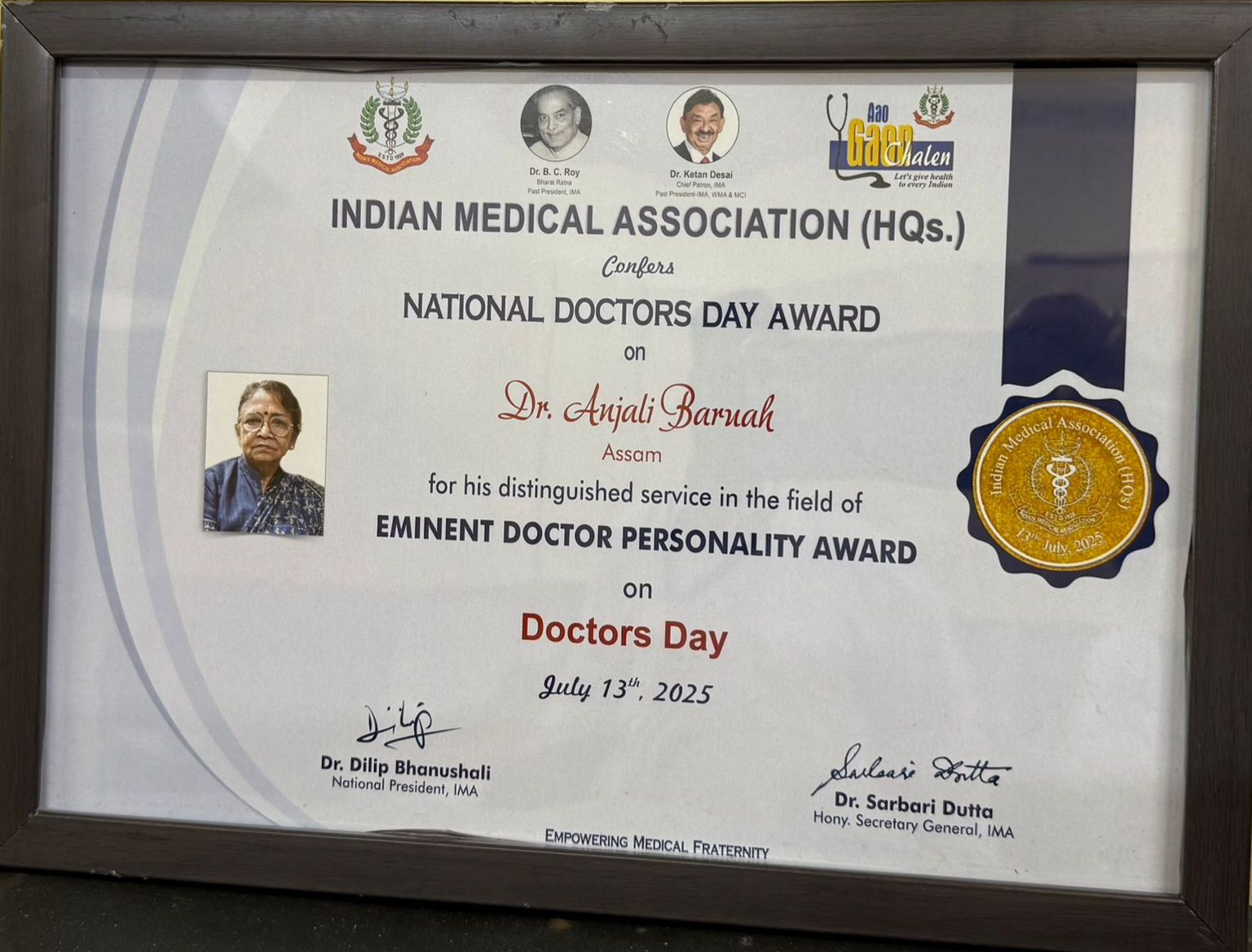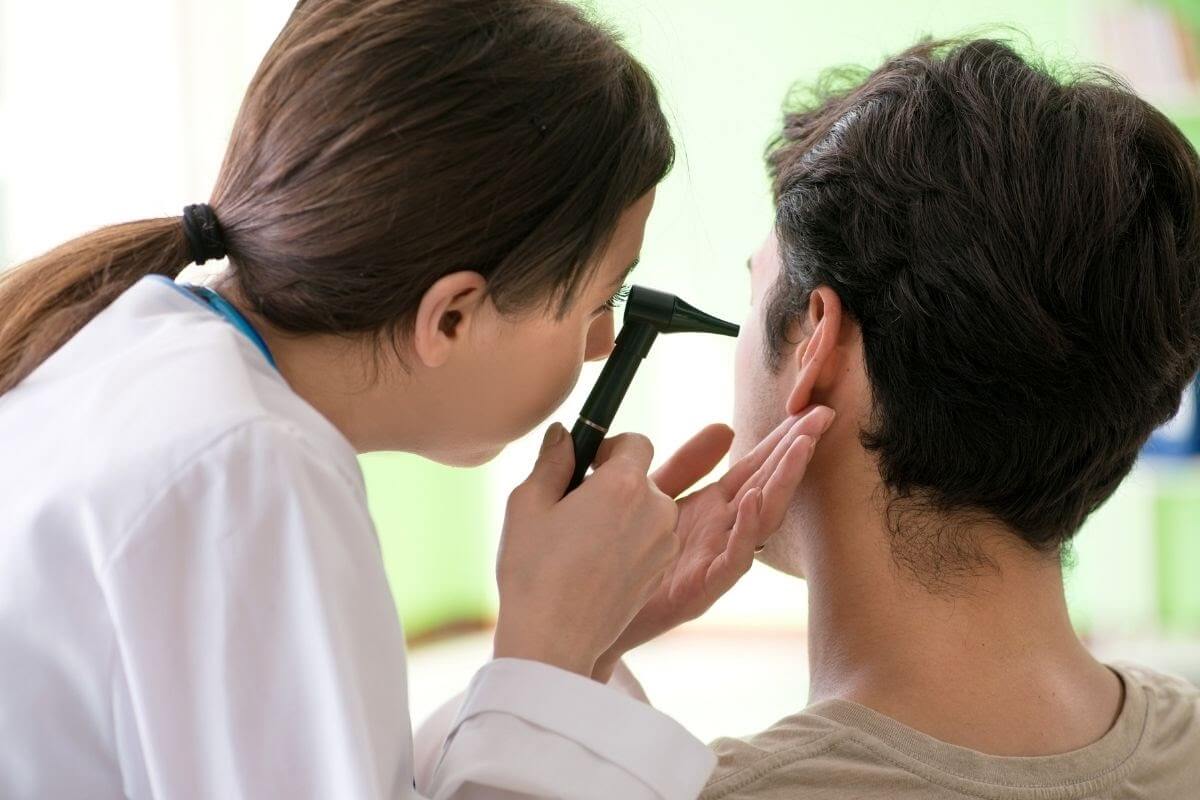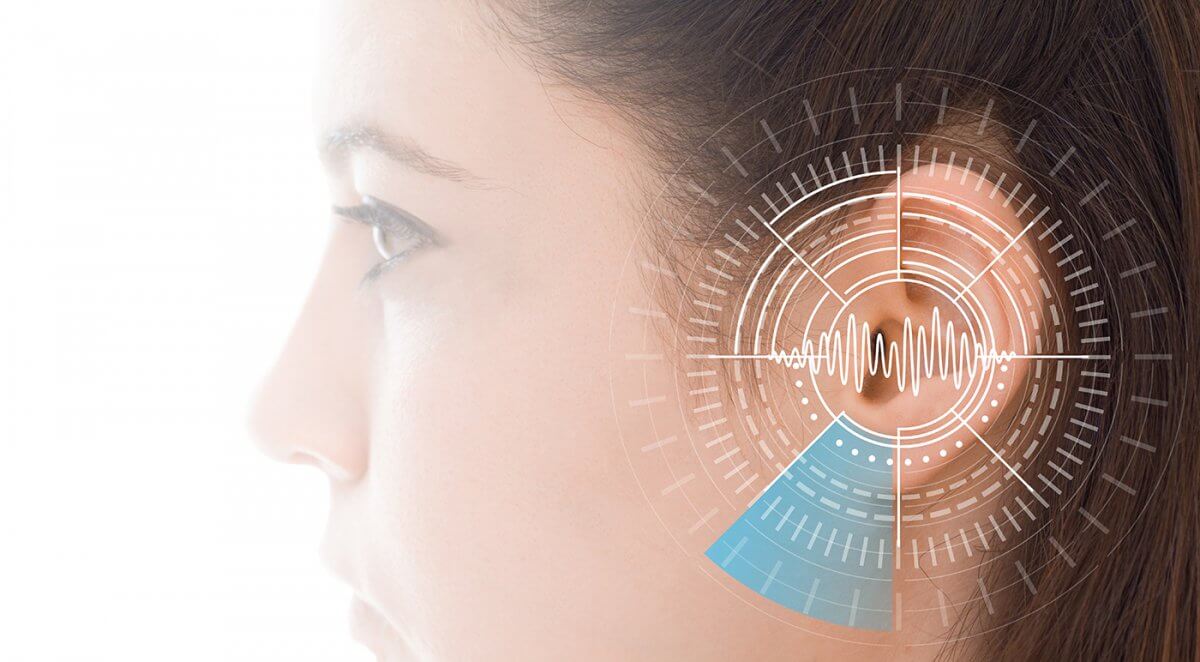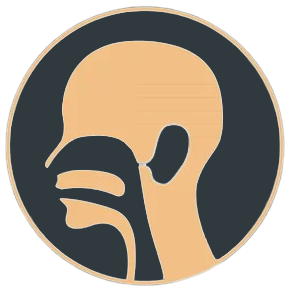Blog
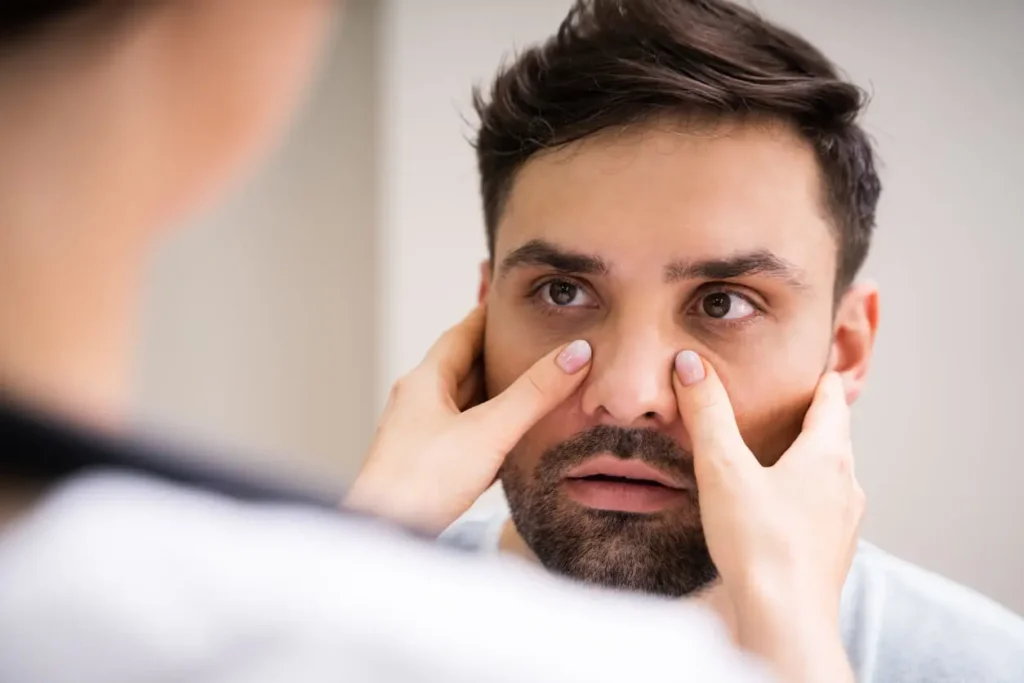
Navigating Sinus Issues: Causes, Symptoms, and Treatment Options
Introduction:
Sinus issues can be a real headache, literally. They’re a common ailment that affects millions of people worldwide. From causing discomfort to disrupting daily routines, sinus problems can be quite bothersome. But fear not! In this comprehensive guide, we’ll delve into the nitty-gritty of sinus issues, exploring their causes, symptoms, and the myriad treatment options available. So, grab a tissue and let’s navigate through the maze of sinus troubles together!
Understanding Sinus Issues:
Before we dive into the causes and treatments, let’s understand what exactly sinuses are and why they’re so crucial. Your sinuses are hollow cavities within the bones of your face, located behind your forehead, cheeks, and eyes. They’re lined with soft, pink tissue called mucosa and are connected to your nasal passages by small channels.
Sinuses play a vital role in the respiratory system by producing mucus, which helps moisturize the air we breathe in, traps dust and other particles, and prevents infections. However, when the sinuses become inflamed or blocked, it can lead to various uncomfortable symptoms, collectively known as sinusitis.
Causes of Sinus Issues:
Sinus issues can arise from a variety of factors, both internal and external. Some common causes include:
- Allergies: Allergic reactions to pollen, dust, pet dander, or certain foods can trigger inflammation in the sinuses.
- Infections: Viral, bacterial, or fungal infections can lead to acute or chronic sinusitis.
- Structural Issues: Deviated septum, nasal polyps, or narrow sinus openings can obstruct normal sinus drainage.
- Environmental Factors: Exposure to pollutants, cigarette smoke, or dry air can irritate the sinus lining.
- Immune System Disorders: Conditions like HIV/AIDS or autoimmune diseases can weaken the immune system’s ability to fight off infections.
Symptoms of Sinus Issues:
Recognizing the symptoms of sinus issues is crucial for timely intervention and relief. While symptoms can vary depending on the underlying cause and severity of the condition, common signs of sinusitis include:
- Nasal Congestion: Difficulty breathing through the nose due to blockage or swelling of nasal passages.
- Facial Pain or Pressure: Aching sensation around the cheeks, eyes, forehead, or teeth, often worsened by bending forward.
- Discolored Nasal Discharge: Thick yellow or green mucus draining from the nose or down the throat.
- Coughing: Especially at night or upon waking, caused by postnasal drip.
- Headache: Typically located in the forehead, temples, or around the eyes, accompanied by sinus pressure.
- Reduced Sense of Smell and Taste: Difficulty detecting odors or flavors due to nasal congestion.
Treatment Options for Sinus Issues:
The good news is that sinus issues are often manageable with proper treatment. Depending on the underlying cause and severity of your symptoms, your healthcare provider may recommend one or more of the following treatment options:
- Nasal Decongestants: Over-the-counter nasal sprays or drops containing decongestants can help reduce nasal congestion and swelling temporarily. However, prolonged use may lead to rebound congestion, so use them sparingly and as directed.
- Antibiotics: If your sinusitis is caused by a bacterial infection, your doctor may prescribe antibiotics to clear the infection. Be sure to take the full course of antibiotics as prescribed, even if you start feeling better.
- Antihistamines: For sinus issues related to allergies, antihistamine medications can help alleviate symptoms like nasal congestion, sneezing, and itching.
- Nasal Irrigation: Using a saline solution to rinse the nasal passages can help flush out mucus, allergens, and irritants, providing relief from congestion and promoting sinus drainage.
- Corticosteroids: Nasal corticosteroid sprays or oral corticosteroid medications may be prescribed to reduce inflammation in the sinuses and relieve symptoms like nasal congestion and facial pain.
- Surgery: In cases of severe or recurrent sinusitis, where other treatments have failed, surgical intervention may be necessary to improve sinus drainage and alleviate symptoms. Procedures like endoscopic sinus surgery can help remove blockages, widen sinus openings, and correct structural abnormalities.
Living with Sinus Issues:
While treatment can provide relief from acute sinusitis episodes, managing chronic sinus issues often requires ongoing self-care and lifestyle modifications. Here are some tips to help you breathe easier and keep sinus problems at bay:
- Stay Hydrated: Drink plenty of water to keep your mucous membranes moist and promote healthy sinus drainage.
- Avoid Triggers: Identify and avoid allergens or irritants that trigger your sinus symptoms, whether it’s pollen, pet dander, or cigarette smoke.
- Use a Humidifier: Adding moisture to the air with a humidifier can help prevent dryness and irritation in the nasal passages, especially during the winter months.
- Practice Good Hygiene: Wash your hands frequently, especially during cold and flu season, to prevent the spread of germs and reduce your risk of sinus infections.
- Manage Stress: Stress can weaken the immune system and exacerbate sinus symptoms, so find healthy ways to relax and unwind, such as yoga, meditation, or deep breathing exercises.
- Follow Up with Your Doctor: Keep regular appointments with your healthcare provider to monitor your sinus health, adjust treatment as needed, and discuss any concerns or new symptoms.
Conclusion:
Sinus issues may be a common nuisance, but they don’t have to rule your life. By understanding the causes, recognizing the symptoms, and exploring the various treatment options available, you can take control of your sinus health and breathe easier. Remember, everyone’s sinuses are unique, so what works for one person may not work for another. Don’t be afraid to experiment with different treatments and lifestyle changes until you find what works best for you. Here’s to clear sinuses and easier breathing ahead!


